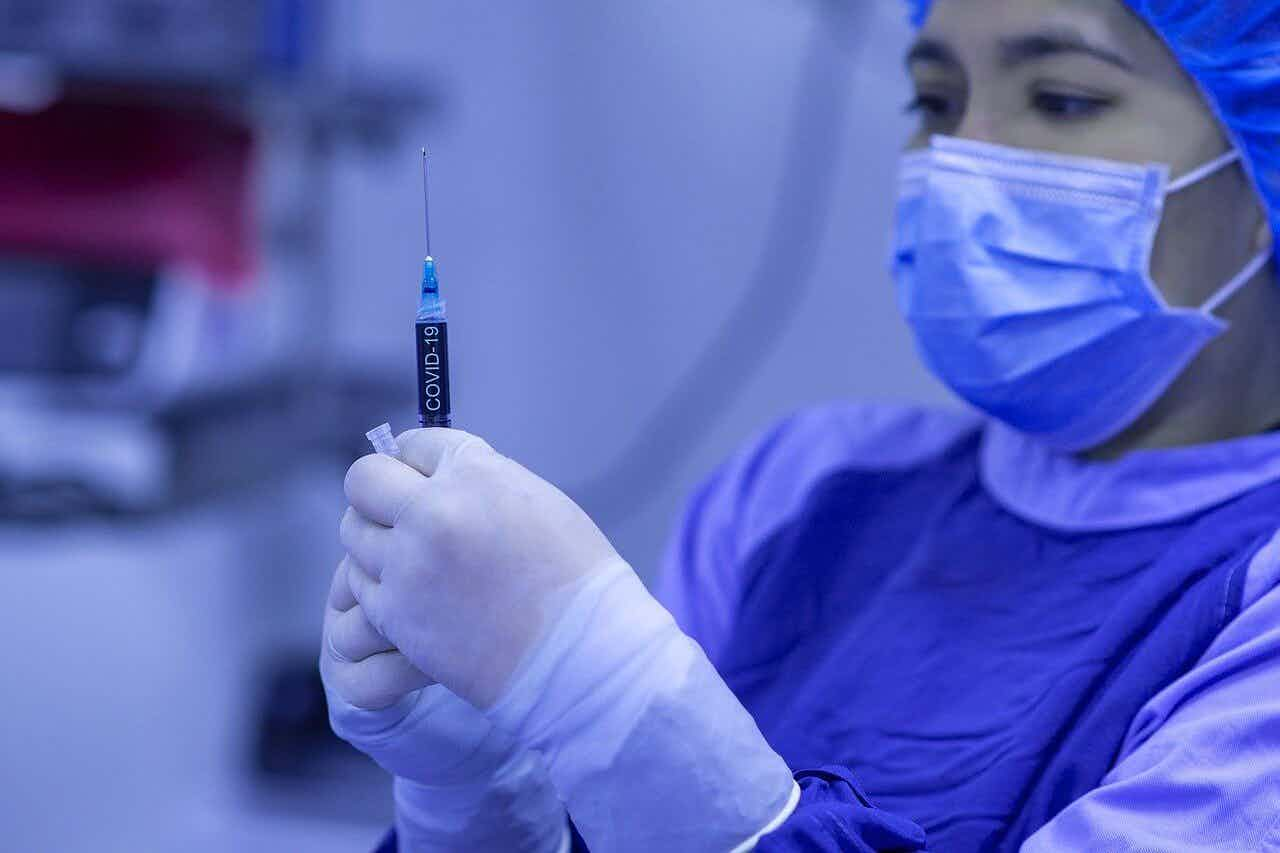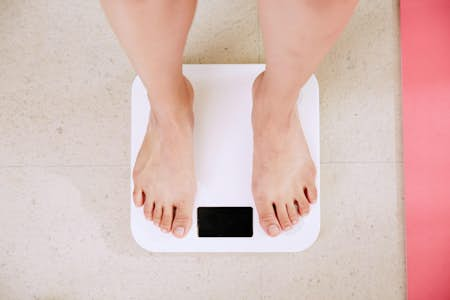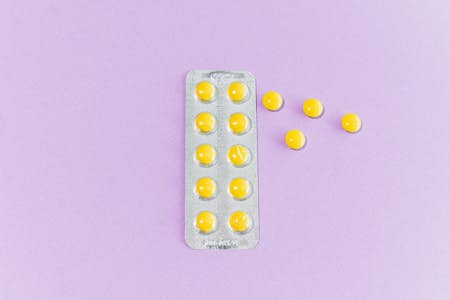Critics have questioned the Oxford University/AstraZeneca vaccine after claims their jab could offer protection against COVID-19 for 90% of people.
Oxford's regius professor of medicine and the UK government's life sciences adviser, Sir John Bell, insisted the previous trial had been correctly done and that the reporting was accurate. Speaking to The Guardian, he said, “we weren’t cooking this up as we went along,” and looked forward to the Lancet data being published over the weekend.
AstraZeneca’s share price dropped over the last week, even though there was great excitement that the new vaccine could help against coronavirus significantly.
An analyst from the United States said in an investor note, “we believe that this product will never be licensed in the US” and accused AstraZeneca of “embellishing” the results.
The Medicines and Healthcare products Regulatory Agency (MHRA) are the official regulators for the vaccine. The government has asked them to commence the approval process so the vaccine can be distributed at the earliest opportunity.
Health Secretary Matt Hancock told The Guardian, "We are working tirelessly to be in the best possible position to deploy a vaccine as soon as one is approved by the independent regulator the MHRA."
There was a subset of fewer than 3,000 people who were given smaller doses by accident. In this group of people, the efficacy rate of the jab rose to 90%. However, as confirmed by the head of biopharmaceuticals R&D for AstraZeneca, Sir Mene Pangalos, the group of 3,000 people did not include anyone over the age of 55 years. The age of the participants could have, therefore, been a factor in the high efficacy rate.
In other remaining groups in the UK and Brazil, the efficacy rate decreased to 62%.
Bell defended the trial in a symposium held by the Faculty of Pharmaceutical Medicine and said that the "MHRA knew perfectly well what we were doing. They approved all the protocols."
Considering that the US had not yet seen sight of the full report, which contained all the data, he said: "I think when they see the data, it will be a great deal easier to have these conversations."
AstraZeneca is set to start a new trial, where participants will be given the jab under the lower dose regimen. The timeline on regulatory approval will not be affected, according to the company.






